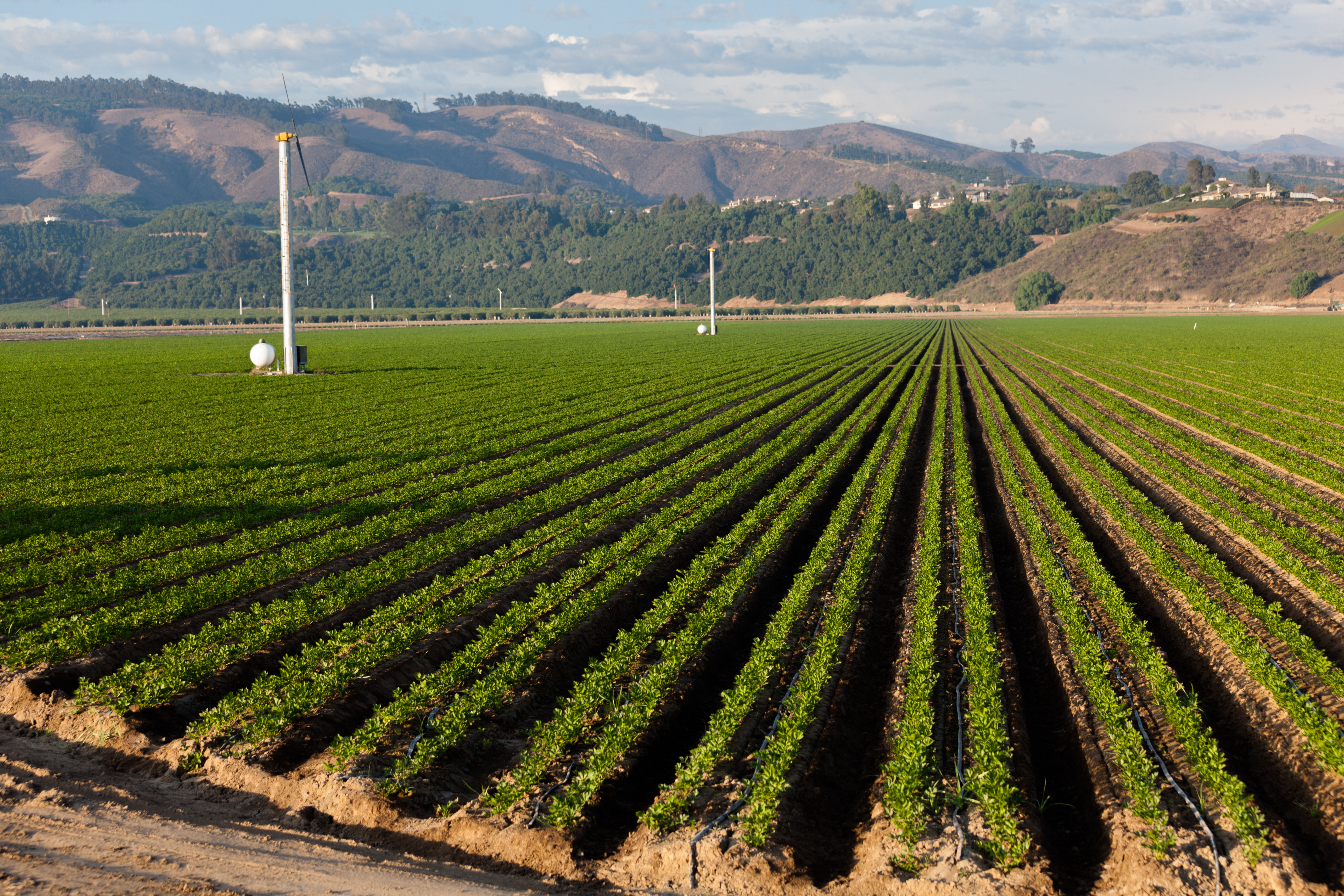HarvestPort, a San Francisco-based agtech startup, launched a new way for growers to get unique deals on crop inputs online today.
HarvestPort was founded in 2015 as a marketplace connecting individuals and businesses seeking to sell, rent, and/or perform services with equipment, and those looking to borrow assets to fulfill an operational need.
Though HarvestPort’s original equipment marketplace will continue operating, founder and CEO Brian Dawson described the new effort as a “shift of resources,” brought on by conversations with dozens of growers.
“There are clearly people that want some new procurement engagement — a different way to deal with retailers,” Dawson told AgFunderNews.
Dawson essentially wants to take over the task of “shopping around” from the grower by offering unique deals through an agricultural inputs marketplace. Eventually, this will lead to a fully built-out online marketplace where farmers will create a profile including their crops and location, and HarvestPort will develop a customized list of inputs with prices only available to HarvestPort members. Orders will then be placed, tracked, and managed by HarvestPort.
The first iteration of this service will be called “HarvestPort Deals” and will come in the form of an email that growers can sign up to. The emails will include exclusive, tailored deals offered within a specific time frame.
Dawson likens the new model to the Group Purchasing Organizations (GPOs) common in the healthcare field wherein hospitals band together to purchase supplies as a group at more favorable prices. Many large growers told Dawson that they had reached the limit of discounts they could get on common inputs solely based on their size.
“One of the things we learned in our equipment marketplace was that the most important way to bring customers to the marketplace and drive value is immediately showing value. The grower wants immediate savings,” said Dawson.
High Touch, High Return?
Dawson admitted that, at least at first, it’s a high-touch business to take on the follow-through of these orders, but he said that standing behind the smooth execution of orders is a differentiator in the agribusiness marketplace space, which is getting more crowded by the week.
Fully-facilitating orders is also what makes the arrangement worthwhile for the retailers who, according to Dawson, stand to benefit from higher margins and more volume. If HarvestPort is able to reduce the unforeseen expenses that often cut into retailer margins, like last-minute logistical changes, mistakes, and miscommunications, Dawson says that retailers benefit despite offering steep discounts. Retailers will also be able to target customers through HarvestPort deals based on strategic sales goals.
Dawson said that his model also serves as a response to the common perception that growers want to deal with a human being whether the actual orders take place over the phone or on the internet. With HarvestPort pledging to “manage” every transaction, the company’s solution sits between the old way and the new.
Said Dawson, “The perception is that growers all want accountability to a person and even when you put very clearly in your terms and conditions that that’s not the case, they want to shoot the messenger and frankly, rightfully so.”
According to one grower, HarvestPort is acting as a “marriage counselor,” recounted Dawson, who explained that by standing in between the grower and the retailer, both parties have been able to be completely honest about their qualms with the other. Dawson is betting that he can settle those differences and take a cut of the smoother business that he believes will ensue — HarvestPort takes a fee with each transaction.
“Just layering on e-commerce without thought to the process and how you triage requests, actually adds complexity,” said Dawson.
When Competition Creates Space
Like other agtech startups in the agribusiness marketplace space, comparisons to Farmers Business Network, a farm data startup that has recently begun selling inputs to farmers with uniform, transparent pricing, are inevitable. FBN now sells over 1,200 seed, pesticide, fertilizer, and other input products from a variety of suppliers including direct from the manufacturers.
Dawson said that the inspiration for this new effort was the result of conversations with growers, but also retailers, who felt that the existing dialogue around crop retailers was decidedly negative. FBN’s message on the e-commerce front has been to offer complete transparency in pricing – the same price for every farmer. According to Dawson, taking that tack has antagonized retailers, who say that they are being misrepresented.
“The perception that FBN has played on is that there is no transparency here. It’s not that the retailer is trying to play games, it’s that the costs are murky,” said Dawson, who explained that all of the open questions around delivery and order execution is what drives the variability of price order-to-order.
But HarvestPort’s new direction is not the first effort at least partially inspired by FBN’s expansion into retail. Minneapolis and San Francisco-based agribusiness marketplace startup AgVend raised a $1.75 million seed round just this month to expand its retail platform for agricultural inputs and services.
AgVend is an online marketplace where ag retailers can list products and services. Buyers search the product they want based on their zip code and are presented with offers, additional services like application, and terms from various retailers offering a much lower-touch commerce option for growers and retailers.
Argentinian agribusiness marketplace Agrofy raised an oversubscribed $6 million Series A round. Agrofy has similar principles to AgVend, wishing to move ag retail research and transactions online without disturbing the status quo completely. Agriconomie is a European player with backing from agrifood tech VCs Anterra and Capagro. China as well has its own agribusiness marketplace in Maihuolang, which raised $150 million Series A round in 2017.
HarvestPort raised $2.5 million in Series A funding in 2017. The round was led by Chicago-headquartered agtech venture capital firm Cultivian Sandbox Ventures. Existing investor Taylor Farms, through its venture arm, also joined the round.





